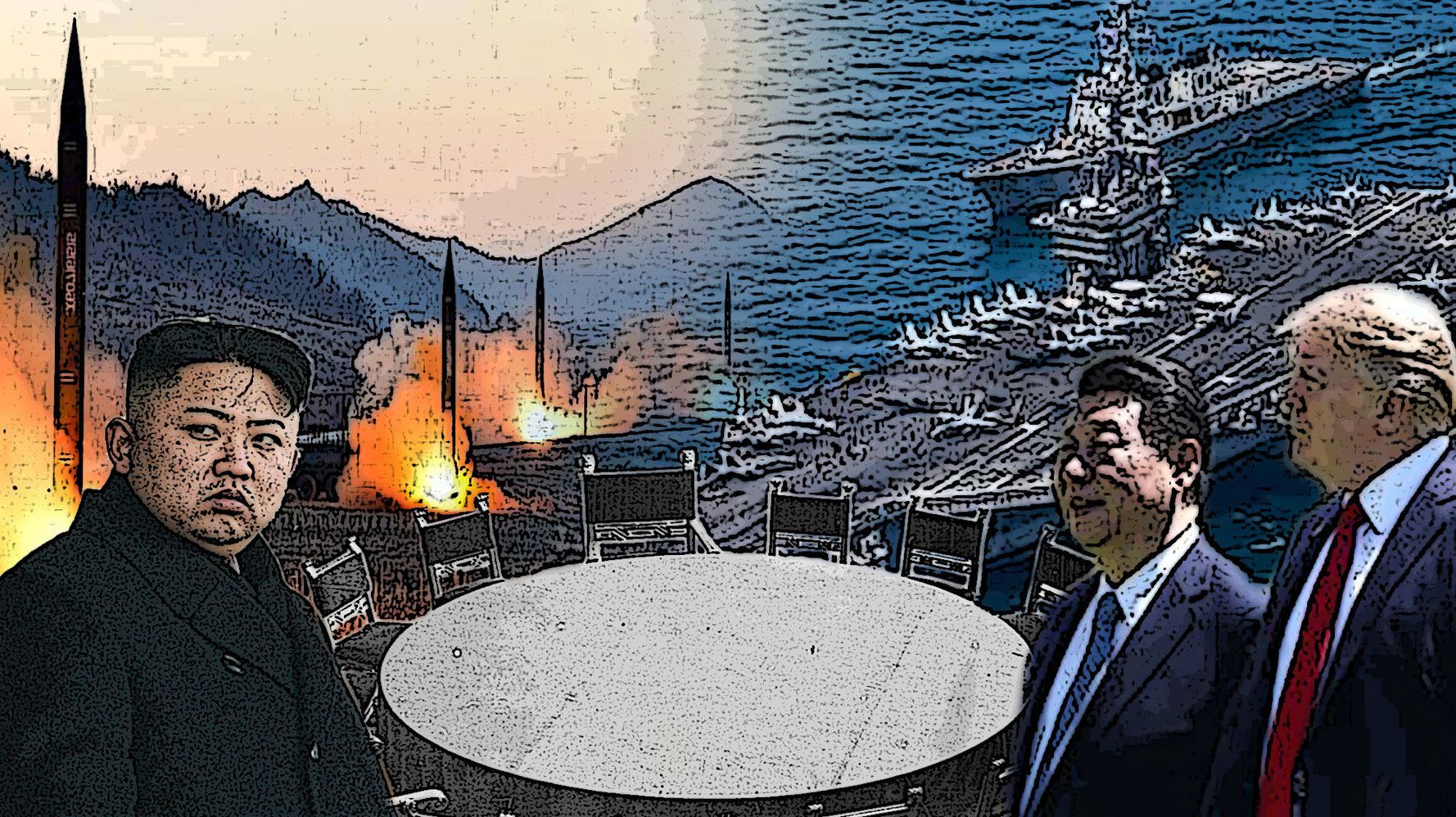Nathan Gardels
Editor-in-Chief
Latest From Author
Elections in Rwanda and Kenya yield mixed results. In South Africa, cronyism wins the day.
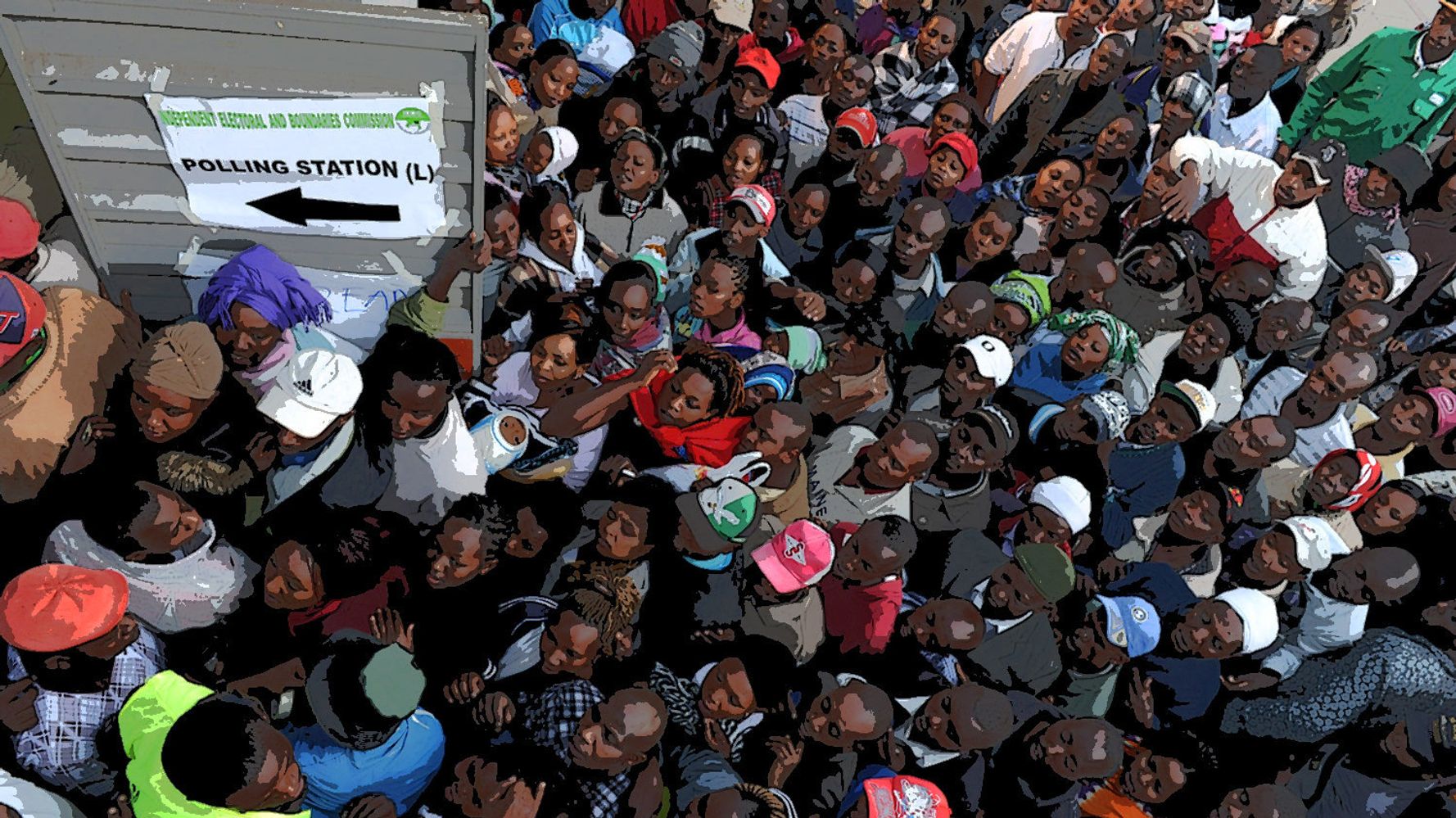
Illiberal rulers from Venezuela to Poland are assaulting constraints on their power. In Italy, anti-elite populists are using the internet to empower citizens and upend...
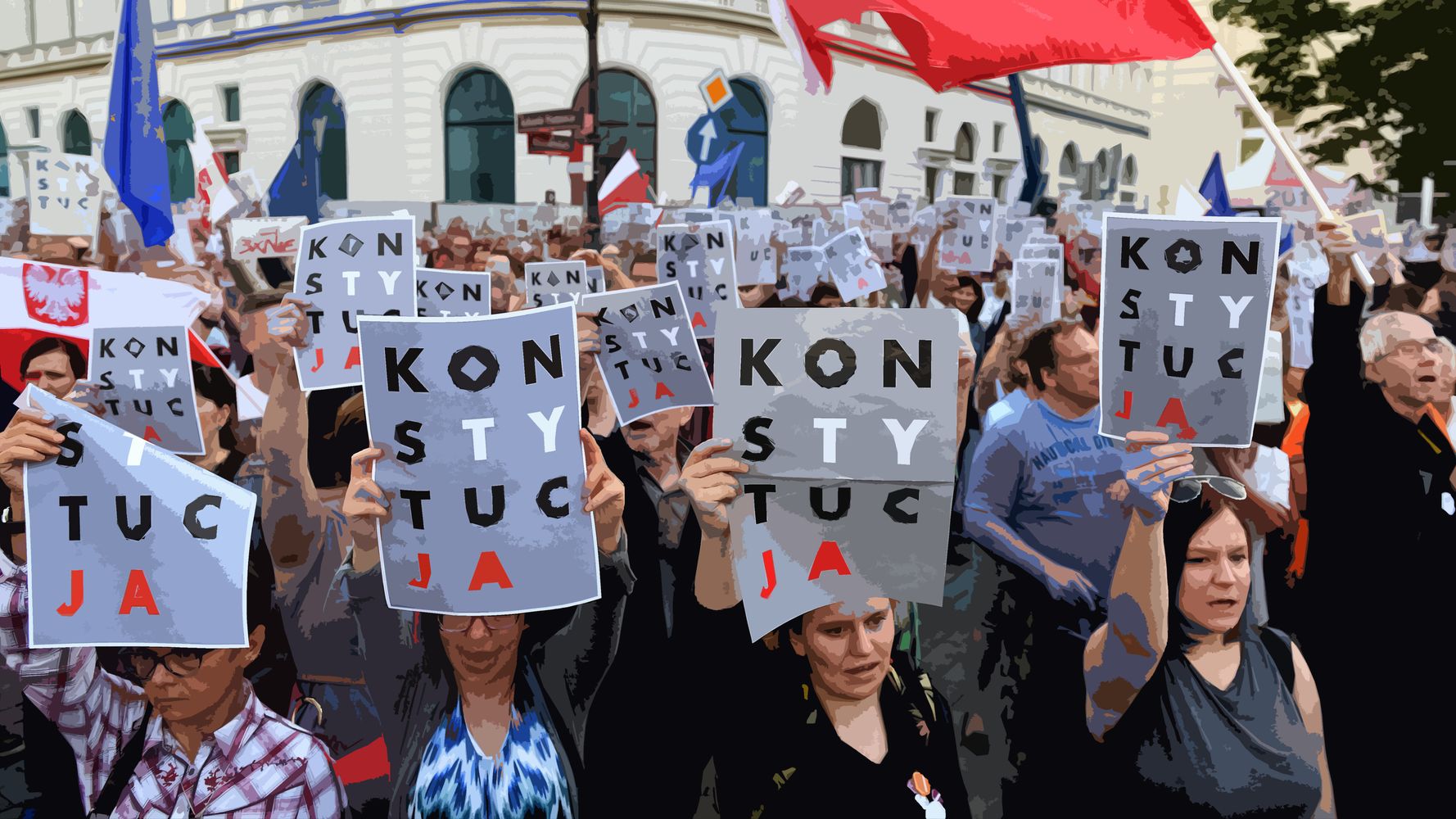
Beijing is reviving the ancient Silk Road routes and claiming the South China Sea like America once claimed the Caribbean.
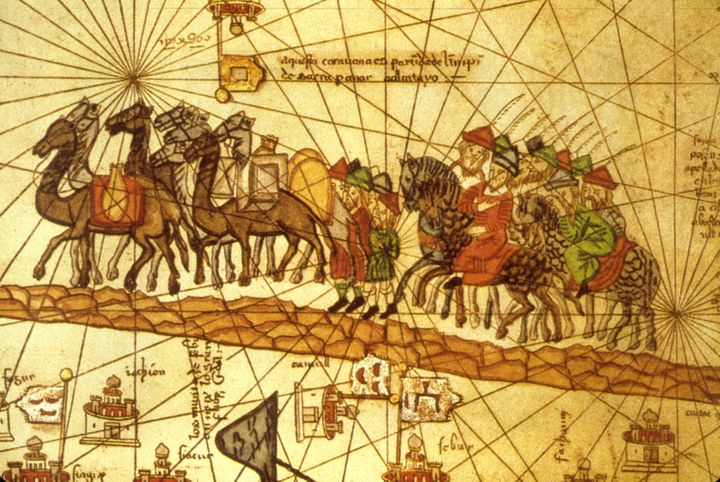
When U.S. intervention smashes established authority, even more brutal forces fill the vacuum.

It’s now the G-19+1, with Russia in the club and America as the outlier.
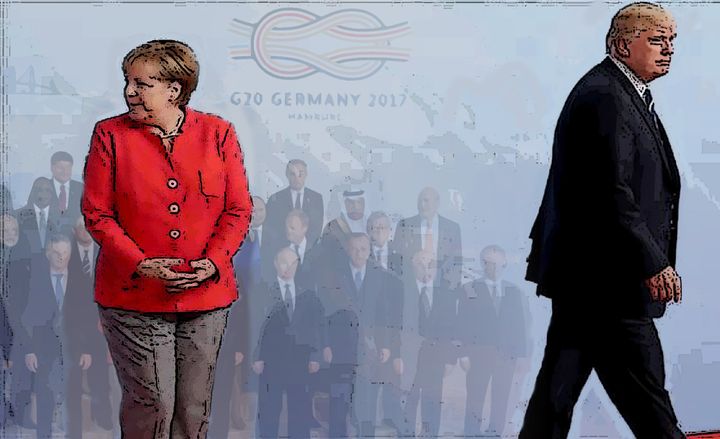
Scant attention is given to non-American views when it comes to dealing with North Korean leader Kim Jong Un.
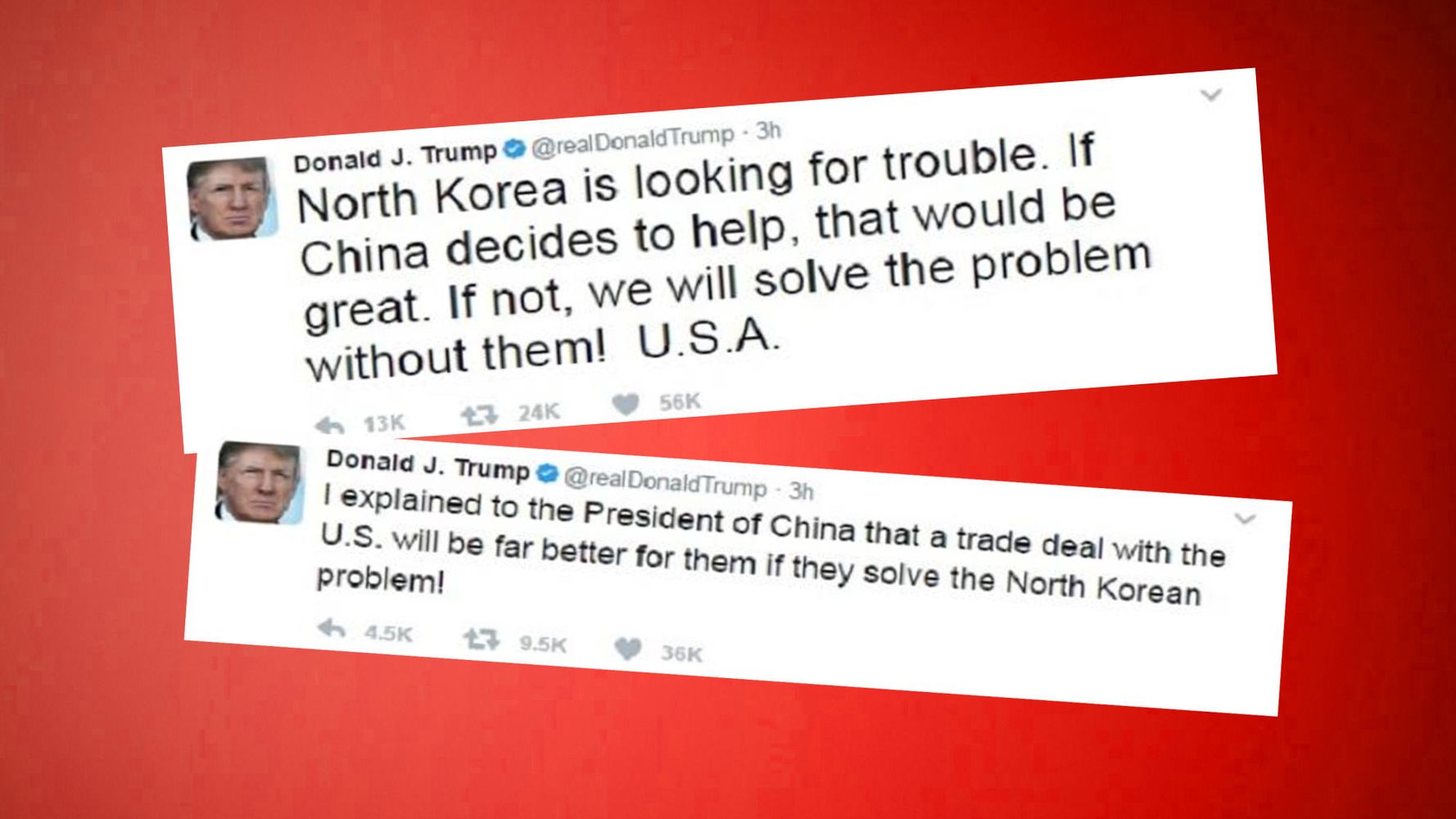
Hacked elections, fake news, search engine manipulation and criminal cyberattacks are becoming increasingly common.

Emmanuel Macron breathes fresh air into the stagnating cause of European unity.

Vocational apprenticeship programs are a key way to adjust to the constant flux of globalization and rapid technological change.

Peering into the souls of Muslim converts during Ramadan helps Westerners understand the appeal and positive drive of Islam.

While China barrels ahead building a new Silk Road for the 21st century, abandoned zones in the West reach a dead end.
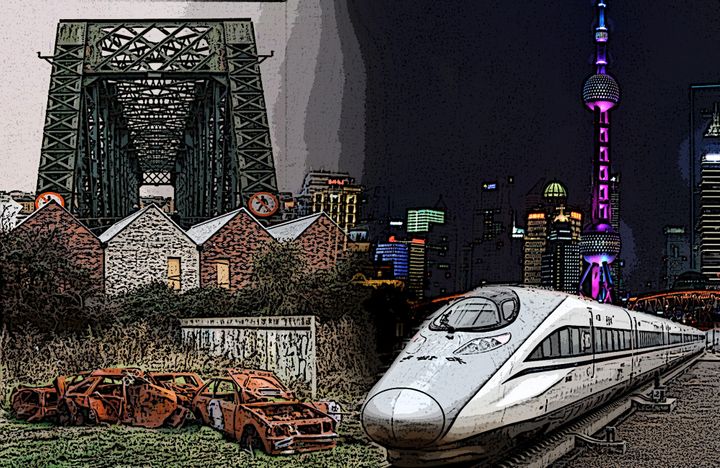
Rejecting the Paris climate accord while diverging from European allies invites the emergence of an alternative global order.
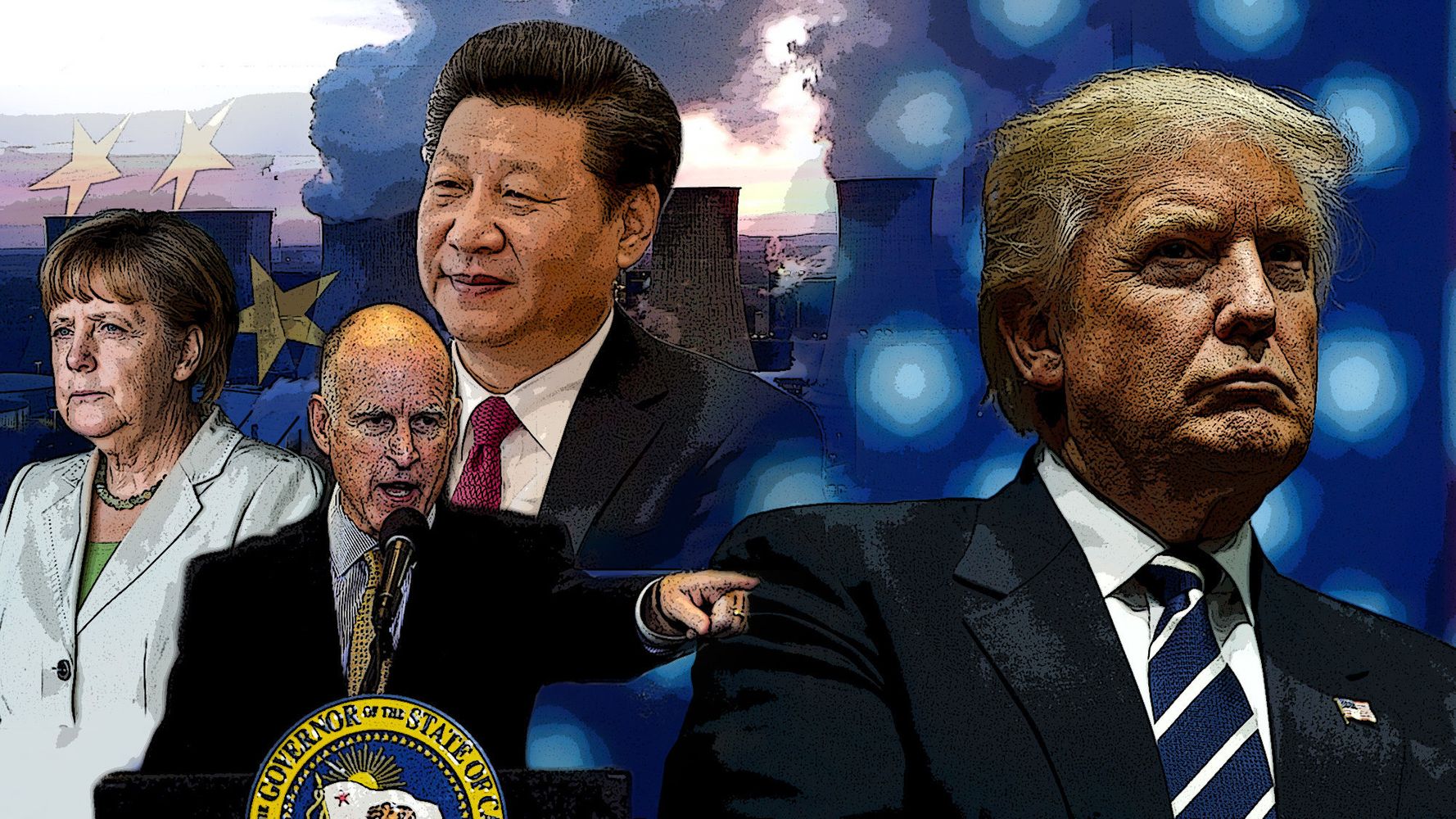
It is a tragic mistake to reverse Obama’s opening to Iran at the very moment it is bearing fruit.
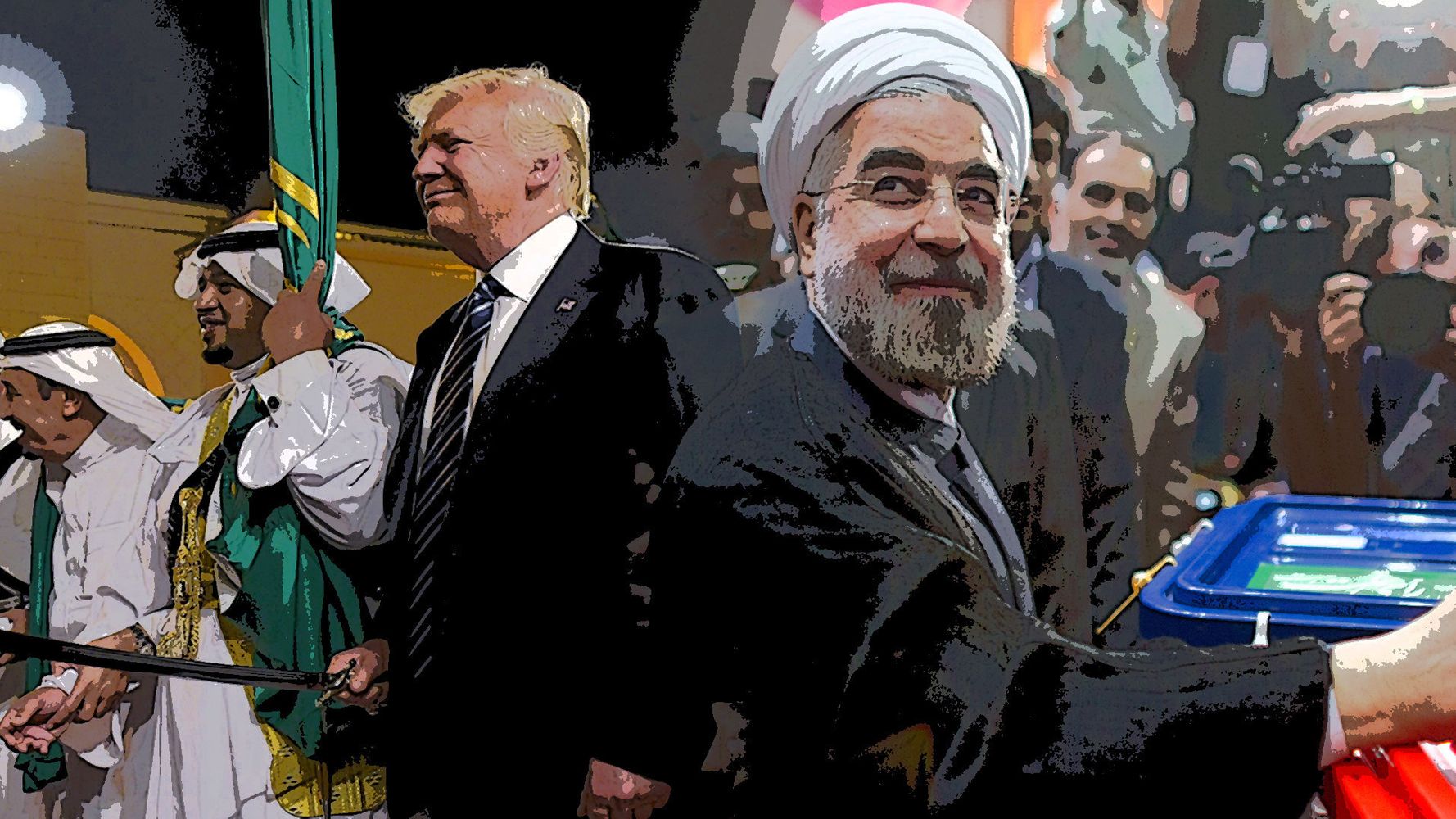
It’ll be harder for Trump to demonize a country where democratic culture is spreading, says Bani-Sadr.
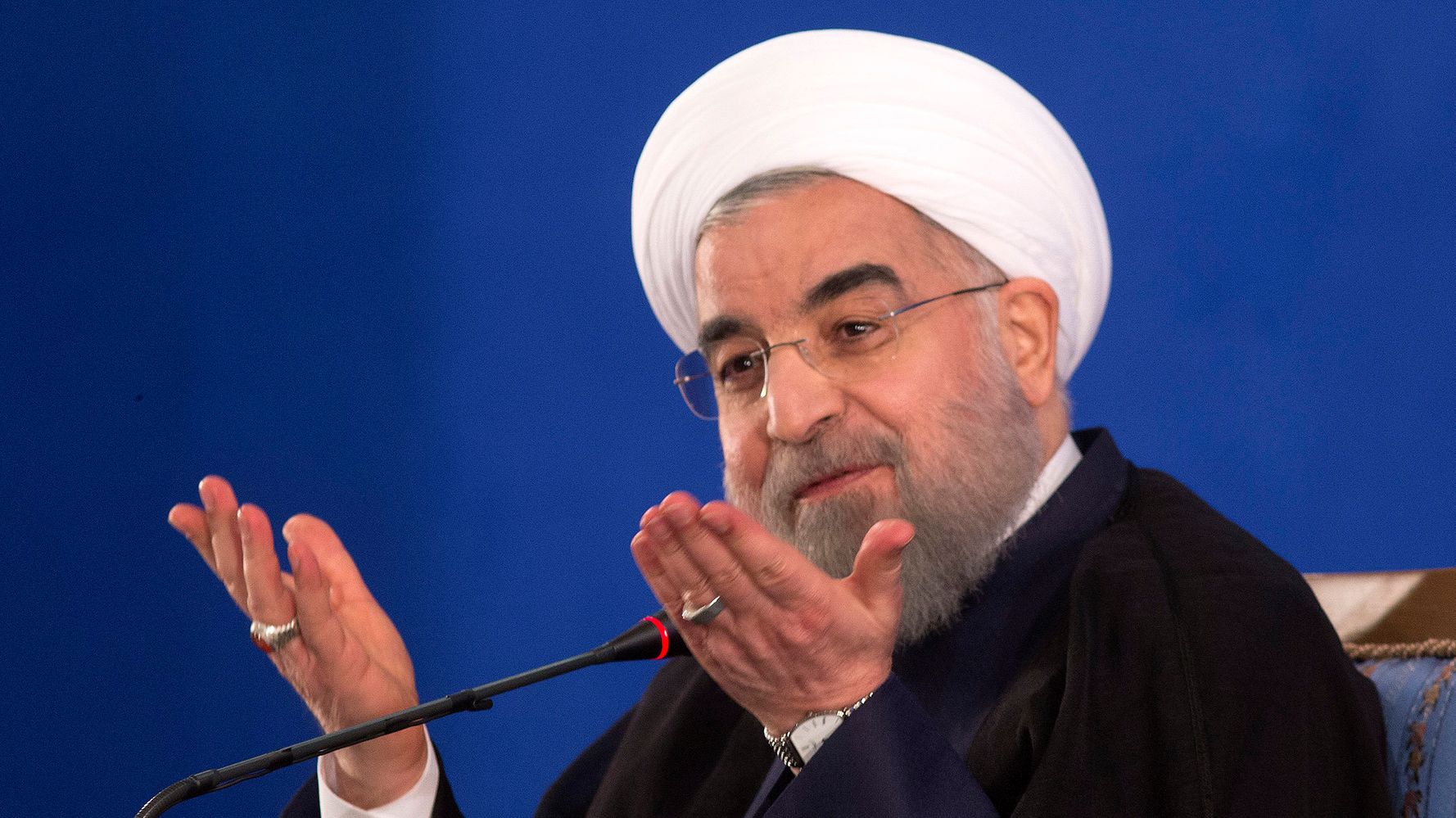
An urgent realism over the mounting crisis is pushing all parties to the negotiating table.
